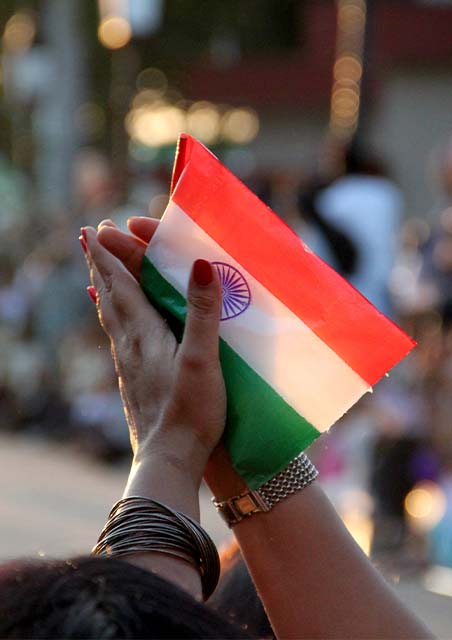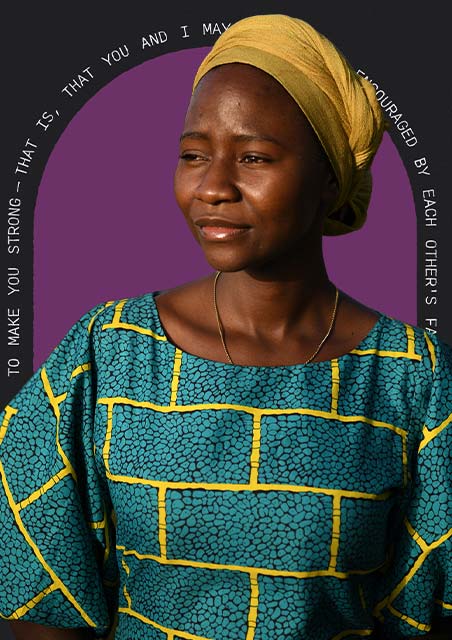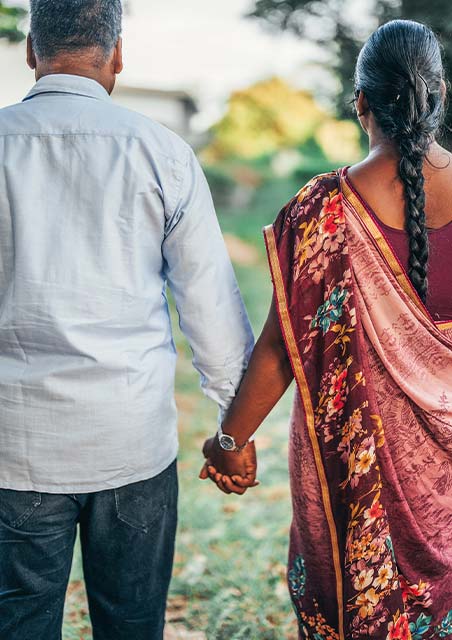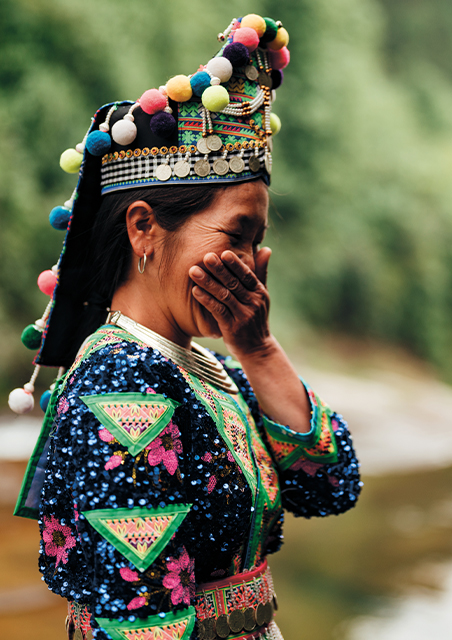Why does Nigeria’s general election matter for Christians?
Nigeria's general election takes place on Saturday 25 February. In this article, Open Doors Advocacy team explain why the elections and their aftermath matter for the nation's persecuted Christians - and what they are asking the global church to pray for.
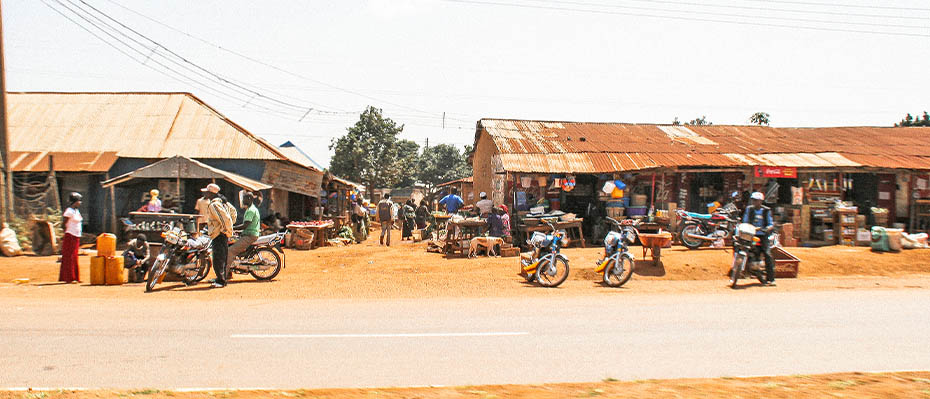
This week, Nigerians are due to go to the polls. They will vote amidst a security crisis and stifling economic hardship. Deadly violence, flagrant corruption and apparently feckless security agencies spell out grave difficulties for whoever will take the President’s seat next. And this election matters: the results will be felt well beyond Nigeria’s borders and will determine the stability of the region. We must pray for the best possible result, and for the protection of Christians and others where there is potential for increased violence.
Nigeria’s election will rock the region
Nigeria seems to be at a turning point - this election has the potential to tilt the future of West Africa. Neighbouring states not only rely heavily on their exports to Nigeria but are caught in their own existential struggles with the same cross-border criminal networks: Boko Haram, ISWAP and Fulani militants. A wave of military coups – six since the beginning of 2021 – has severely damaged democratic governance and state capacity as military governments fight to contain the expansion of jihadi organised crime networks. Nigeria will swing the whole region with its success or failure; and we need to pray it will survive, because the stakes are high.
Who’s who? The candidates
Two ultra-wealthy men - both tainted by corruption allegations - are the frontrunners for the elections on 25 February. There are fears that neither will make it a priority to tackle the most vital issues facing persecuted Christians in Nigeria.
Bola Tinubu, the 70-year-old ‘Godfather of Lagos’, is the candidate from the majority-Christian south. Traditionally, the southern candidate is a Christian. Tinubu, though, is a Muslim, and his selection of a Muslim running mate – a ‘Muslim-Muslim ticket’ – has caused concerns in a population that is largely Christian and already fearful of the growing power of militant Islamist groups, which desperately needs to be addressed. Tinubu is competing against Atiku Abubaker, a wealthy former Vice-President from the mostly Muslim north, and also himself Muslim. Atiku is a resilient campaigner: he has failed to win the presidency five times already. Like Tinubu, he has also been mired in well-publicised corruption allegations throughout his career.
The wildcard of the campaign is Peter Obi. Considered an outside hope at first, Obi - a Roman Catholic from the east - has captured the popular imagination of tens of millions of young people. Reaching across ethnic and religious divides, his new Labour Party has dismantled the traditional dynamics of Nigerian politics. His record as a local state governor is good – although not perfect – but he does not suffer the corruption taint of the other candidates. His movement of idealistic young followers – who call themselves ‘The Obedients’ - almost worship him. Should ‘The Obedients’ come to believe that the election has been stolen from them, they may present a civil disobedience problem. The possibility of them flooding the streets in protest, sparking violence from the police or military, is a grave concern.
The winning candidate must win an outright majority of votes, and also win more than 25% of votes in 23 states. So, could Peter Obi deprive a frontrunner of those margins? He might – and the country could then face a run-off vote, for the first time ever.
Nigeria’s grief
As we know, the level of violence inflicted on civilians in Nigeria is alarming.
Islamist militant groups (Boko Haram, ISWAP and Ansaru) operate with impunity in the north east, routinely extorting and threatening communities. The steady advance of their attacks further south, and concerns about their infiltration of the military and security services, threaten the stability of the state. Fear of kidnapping is also of great concern. Family journeys between towns that were a simple matter only a few years ago are now potentially lethal. Christians in particular are vulnerable to these organised and ruthless kidnap gangs, which often specifically target Christian communities.
But violent Islamist militants are not the only threats. So-called ‘motorcycle bandits’ in the north east regularly sweep across the border – apparently without hindrance from border police –attacking villages and farms, kidnapping young women, murdering and maiming. Many security experts believe that the extremist groups and banditry gangs are converging and overlapping - each strengthening and feeding off one other. Further, Christian farmers in the country’s ‘Middle Belt’ continue to face mass displacement and murder in a surge of violence that has killed between 13,000-15,000 people since 2010. Fulani militant gangs on motorbikes operate what local Christians describe as a planned killing and displacement of Christians from farmland.
Dismayingly, none of the frontrunning candidates in this election have laid out a detailed vision of how to tackle the country’s harrowing insecurity problems. Open Doors have been advocating for security to be made a foreign policy priority here in the UK, and so with a new elected president, we must pray for a wise and courageous response to the rising violence in Nigeria for whoever is elected.
The alarming cost of living
The economic hardships in Nigeria are a backdrop to the escalating persecution of Christians. From spiralling inflation to repeated currency devaluations, Nigeria’s economy in deep crisis. Inflation – running at 21% - means most people are living hand-to-mouth. Debts incurred by government are swallowing 80% of government revenue. A third of people are unemployed; the number is even higher among young adults. Bank machines are empty, leaving tens of millions unable to buy food. Tales of anguished parents making desperate choices fill the social media networks in Lagos.
Many Nigerians are unable to access finds or journey home to cast votes, but any delay or postponement to the election would undoubtedly push Nigeria’s fragile democracy into dangerous territory – edging it closer to the unthinkable return of military rule.
We must pray
We can advocate and take action by praying. Prayer can change and influence authorities and people in positions of power. As the elections take place this week, let’s commit to praying for God’s merciful intervention.

